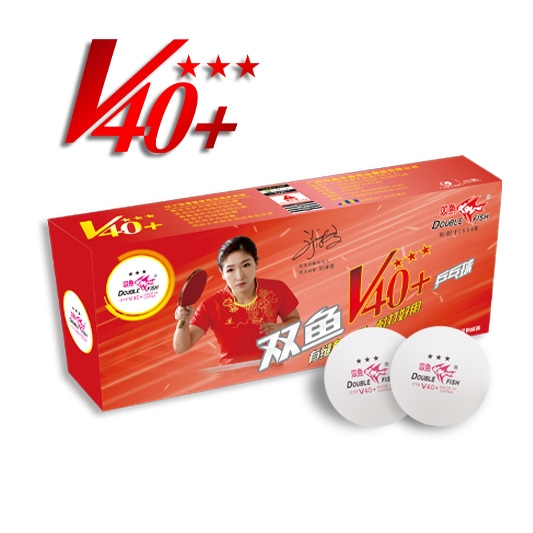How to Ensure the Long-Term Durability of Your Ping Pong Balls
When it comes to purchasing ping pong balls, durability is a key factor for players, whether they are beginners or seasoned professionals. A quality ball can withstand countless rallies, spins, and smashes, ensuring consistent performance throughout its life. In this article, we’ll explore some important factors that contribute to the long-term durability of ping pong balls and how to care for them properly.
Choosing the Right Material
The longevity of your ping pong ball largely depends on the material it’s made from. Most high-quality ping pong balls are made from celluloid or plastic (usually ABS). While celluloid balls offer excellent bounce and performance, plastic balls have become increasingly popular due to their durability and better environmental footprint. Plastic balls are less prone to cracking, making them an excellent choice for both casual and competitive play.
Selecting the Right Brand and Certification
When purchasing ping pong balls, always look for brands that offer ITTF approved ping pong balls. These balls undergo rigorous testing for quality, consistency, and durability, making them the best choice for long-lasting performance. While cheaper, non-certified balls may seem appealing initially, they often degrade faster and fail to provide the same level of consistency.
Proper Storage
Storing your ping pong balls correctly is vital for maintaining their durability. Avoid exposing them to extreme temperatures—too much heat or cold can cause the balls to warp or crack. Keep your ping pong balls in a cool, dry place away from direct sunlight, which can also degrade the material over time. A ping pong ball case or container can help prevent accidental damage, especially if you're frequently transporting them.
Avoiding Excessive Impact
While ping pong balls are designed to withstand high-speed hits, excessive force can still cause damage over time. Avoid smashing the ball against hard surfaces like concrete or asphalt. Regular play on standard ping pong tables with the appropriate paddles will help maintain the ball’s structure. If you prefer high-quality performance, consider using 3 star table tennis balls, which are designed for professional play and offer superior durability.
Routine Maintenance
If you're using your ping pong balls for long periods, be sure to inspect them regularly for any signs of wear, such as cracks, dents, or loss of bounce. Replacing a damaged ball early can save you from inconsistent play and prevent further damage to your equipment.
Environmental Considerations
Ping pong balls can be sensitive to environmental factors like humidity. In areas with high moisture, ping pong balls can become heavier and lose their bounce. If you're playing in such conditions, consider storing your balls in a sealed container to maintain their condition. For top-tier performance, the V40+ ping pong ball is a great option, as it is designed to withstand a wide range of environmental factors and maintain its bounce and consistency over time.
To ensure the long-term durability of your ping pong balls, selecting high-quality, certified balls, storing them properly, avoiding excessive force, and performing routine maintenance are all essential. By following these simple steps, you’ll extend the lifespan of your ping pong balls and enjoy consistent play for months, or even years, to come.























 国内业务:(020)8432 1360,海外业务:(020)8431 9554, 售后服务:(020)8781 7102
国内业务:(020)8432 1360,海外业务:(020)8431 9554, 售后服务:(020)8781 7102
 13829778212
13829778212